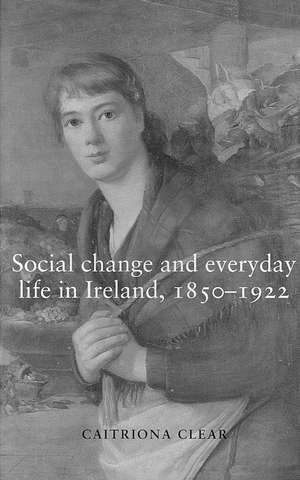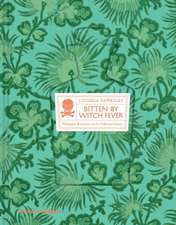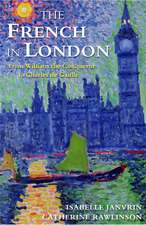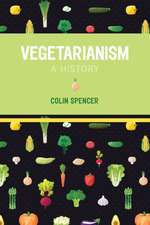Social Change and Everyday Life in Ireland, 1850-1922
Autor Caitriona Clearen Limba Engleză Paperback – oct 2007
Preț: 222.46 lei
Nou
Puncte Express: 334
Preț estimativ în valută:
42.58€ • 43.88$ • 35.95£
42.58€ • 43.88$ • 35.95£
Carte tipărită la comandă
Livrare economică 03-17 martie
Preluare comenzi: 021 569.72.76
Specificații
ISBN-13: 9780719074387
ISBN-10: 071907438X
Pagini: 206
Dimensiuni: 141 x 216 x 17 mm
Greutate: 0.3 kg
Editura: MANCHESTER UNIVERSITY PRESS
ISBN-10: 071907438X
Pagini: 206
Dimensiuni: 141 x 216 x 17 mm
Greutate: 0.3 kg
Editura: MANCHESTER UNIVERSITY PRESS
Descriere
This book covers the social and economic history of Ireland from the aftermath of the famine to the years leading up to Home Rule. It combines synthesis with new research into poverty, public health, religion and marginalisation, reproducing the voices and stories of the people and questioning much of the accepted wisdom of Irish historiography. -- .








